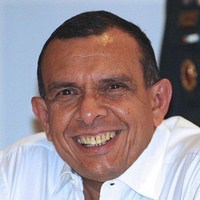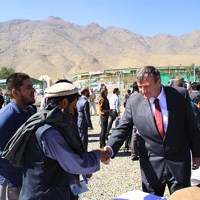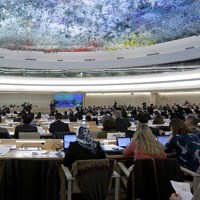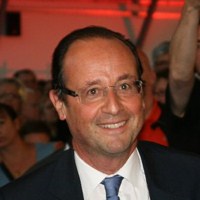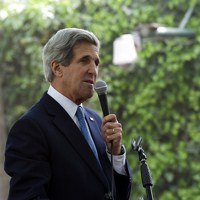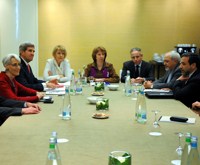
Today the U.S.-Israeli relationship, long a bedrock alliance for both nations, is rancorous and tense. Americans on the political right attribute this to the weakness or even incompetence of President Barack Obama, particularly concerning Iran. Portraying the problem as one of personalities or political inclinations may keep pundits employed, but it misses the bigger and more important picture. The United States is, in fact, “pursuing a policy agenda in the Middle East that is increasingly divergent from Israeli interests,” but this reflects more than just a predilection of the Obama administration. The divergence between the two old allies reflects deep […]

